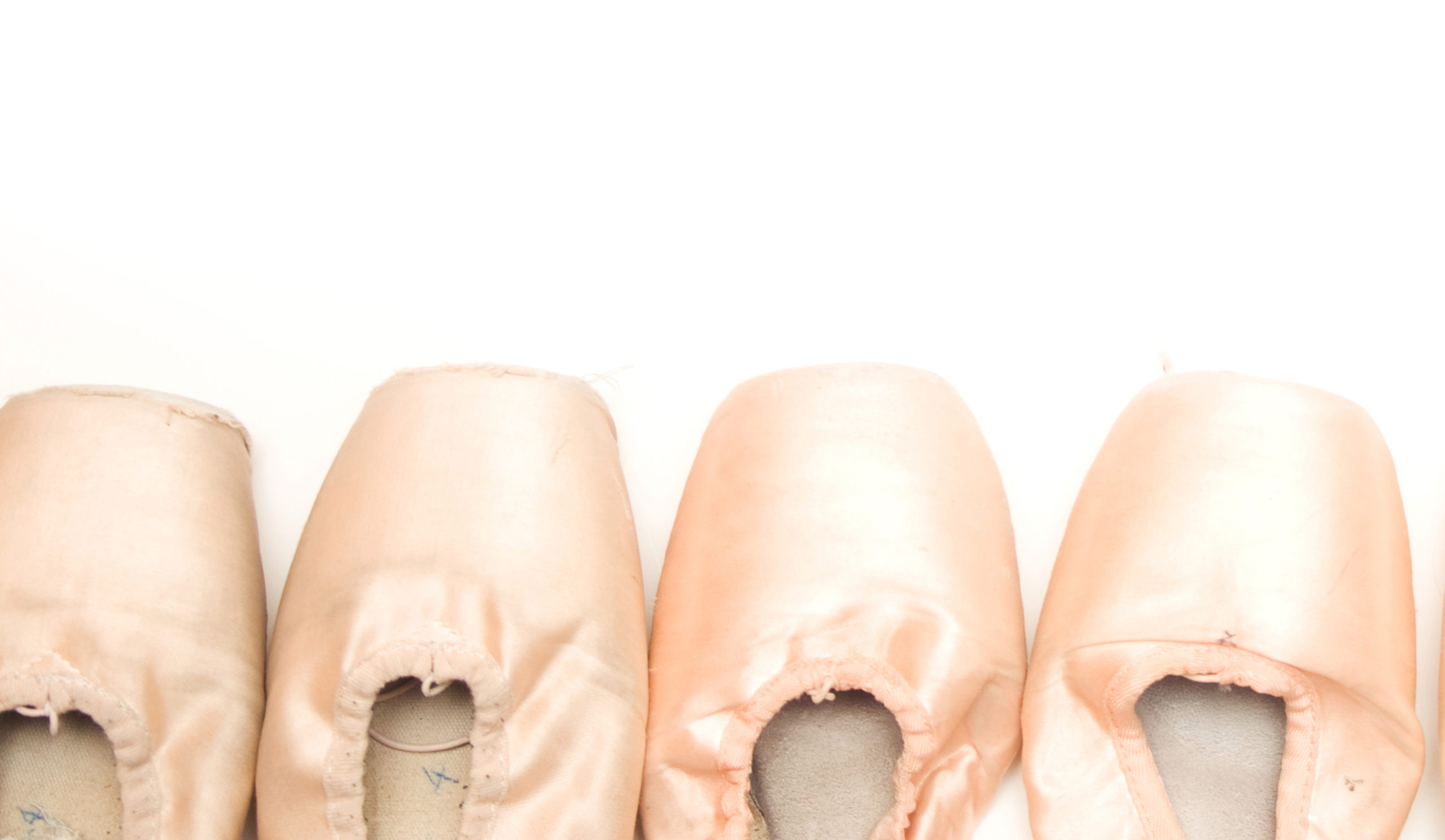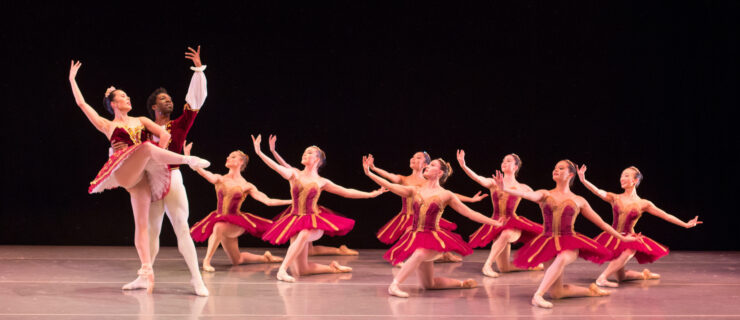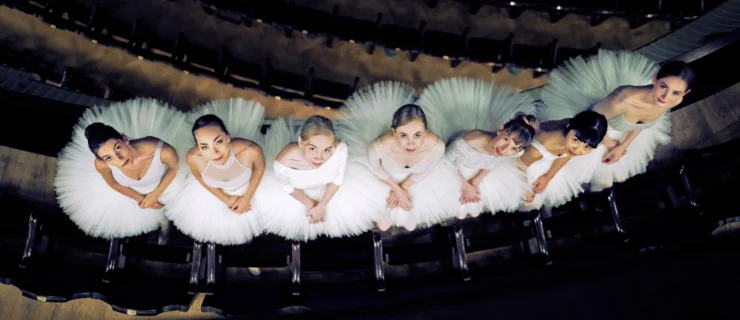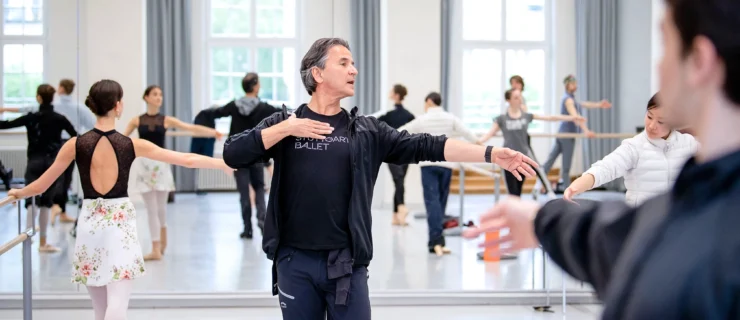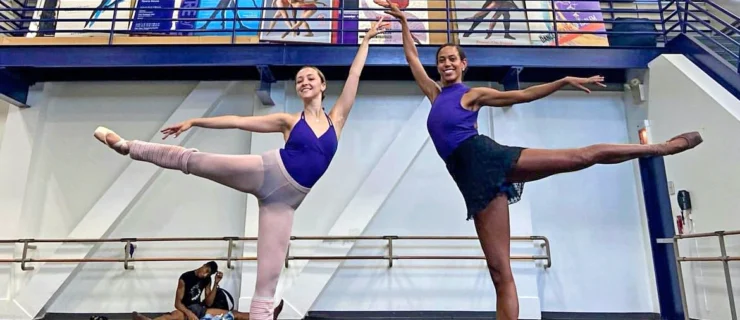Celebrating the JKO School
American Ballet Theatre’s Jacqueline Kennedy Onassis School has come a long way in the short decade since it was founded. So far, in fact, that it’s part of a select group of schools invited to perform at the Bolshoi Theatre in Moscow as part of the Bolshoi Ballet Academy’s celebration of its 240th anniversary.
Last night, ABT hosted a special event to support and celebrate the dancers of the ABT Studio Company, who’ll be making the trip to Moscow. (The troupe falls under the JKO umbrella.) Members of the ABT family who studied at the Bolshoi were on hand to comment on the similarities and (mostly) differences between Russian and American training. It was especially fascinating to hear Alexei Ratmansky—not only an alum of the Bolshoi Academy, but also a former artistic director of the Bolshoi Ballet—dig into the complicated history of Russian ballet. (And to hear that Ratmansky didn’t see tapes of the works of Balanchine and Ashton, or of defectors Natalia Makarova and Mikhail Baryshnikov, until he graduated from the Academy in 1986.) I also never realized that, as ABT director Kevin McKenzie pointed out, Ballet Theatre only became American Ballet Theatre in 1960—at the request of President Eisenhower, who asked the company to add “American” to its name before its tour to the Soviet Union. ABT’s Sascha Radetsky and Gabe Stone Shayer, who both spent some time training at the Bolshoi Academy, discussed not only the intensely physical nature of the Bolshoi style but also the warm welcome they received from their fellow students, who “treated them like minor celebrities.”
But the best part of the night was watching the gifted members of the Studio Company perform some of the works they’ll be dancing in Russia. While lithe, elegant Rachel Richardson and razor-sharp Joo Won Ahn were special standouts in multiple works, the whole group shone especially bright in Antony Tudor’s Continuo, set to Pachelbel’s Canon. Tudor’s lucid choreography displayed the dancers’ clean, unaffected lines to their best advantage—and made it clear that these young talents will more than hold their own on the Bolshoi stage.
